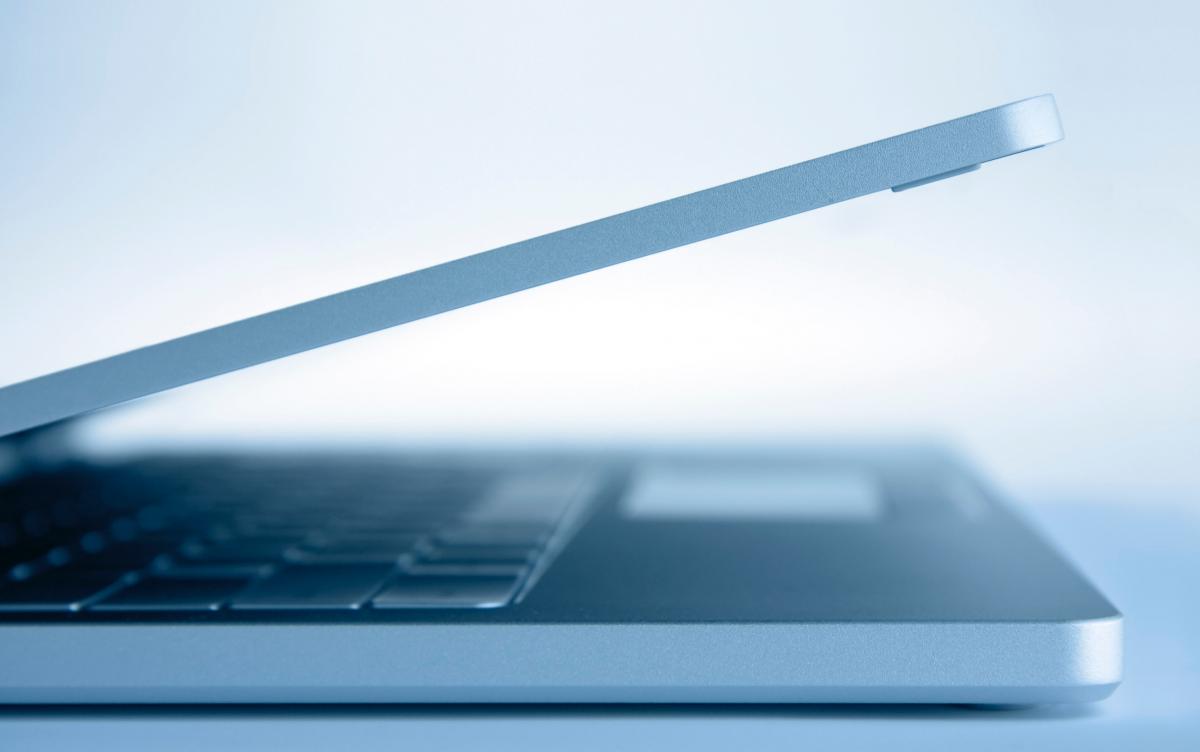Cybersecurity Spring Cleaning You Should Do
News | 25.04.2018
Extend spring cleaning to your computer, cellphone and all Internet-connected devices, and you will be safer for it. “By conducting a digital spring cleaning and taking care of overdue online maintenance, you will be more secure against losing personal information and becoming a victim of identity theft,” says the National Cyber Security Alliance. Like with regular spring cleaning, pack rats are often those who need to do the cyber version the most.

“Our connected devices contain volumes of details about family and friends. Information like contacts, photos and videos, along with confidential health and financial records, could easily get into the wrong hands and cause chaos,” warns the cyberprotection group’s executive director Russ Schrader. He noted the average consumer is doing very little to protect their data.
If you are one of those who has put off going through your records until this weekend or early next week to do your taxes, this is a great opportunity to purge the many computer records you don’t need.
Here are seven simple cybersecurity spring cleaning tips the National Cyber Security Alliance and the Better Business Bureau urge:
- Begin your spring cleaning by fortifying your online accounts and enabling the strongest authentication tools available, such as biometrics, security keys or a unique one-time code through an app on your mobile device. “Your usernames and passphrase are not enough to protect key accounts like email, banking and social media.,” caution the groups.
- Delete unused apps and keep others current, including the operating system on your mobile devices.
- Clean up your email: Save only those emails you really need and unsubscribe to email you no longer need/want to receive.
- Ensure all software on Internet-connected devices is up to date to reduce risk of infection from malware. Often software can be programmed simply to do the updates automatically.
- Permanently delete old files using a program that deletes the data, “wipes” it from your device and overwrites it by putting random data in place of your information ‒ that then cannot be retrieved.
- Depackrat your old digital devices you never use. Information still exists on them and could be stolen. Don’t wait: wipe and/or destroy unneeded hard drives as soon as possible. For devices like tape drives and thumb drives, remove any identifying information that may be written on labels before disposal.
- Review the privacy and security settings on websites you use to ensure they’re at your comfort level for sharing.
- It’s OK to limit how and with whom you share information, the cyberprotection guidance notes.
Use spring cleaning as a jump-start for regular, consistent maintenance. The Better Business Bureau and the NCSA recommend keeping a keen eye on all sensitive accounts like online banking, your credit cards and credit report.







